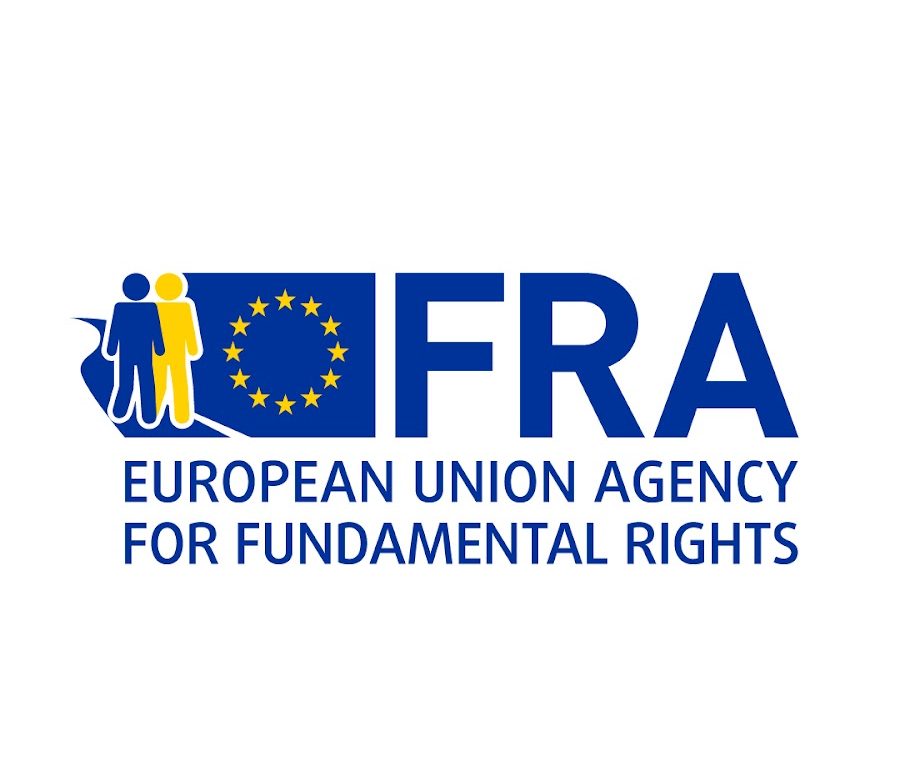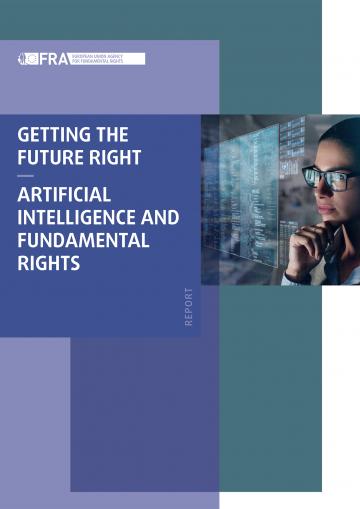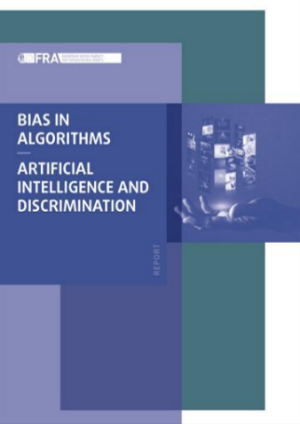
European Union Agency for Fundamental Rights
The European Union Agency for Fundamental Rights (FRA) works on the promotion and protection of fundamental human rights in the European Union (EU). As part of its work, the Agency conducts research and provides expert advice to policy makers about the fundamental rights implications of artificial intelligence (AI).
Research on artificial intelligence, big data and fundamental rights
The Fundamental Rights Agency carries out research to assess the fundamental rights impact of using AI and big data for public administration and business purposes in the EU.
In 2023 and 2024, FRA has launched several new projects. These include a research assessing high risk AI and a project analysing fundamental rights risks of remote biometric identification used for law enforcement purposes. The results will be published in 2025.
FRA projects are also looking into the digitalisation of justice and fundamental rights implications of EU’s large-scale databases for migration management purposes.
Publication: Bias in algorithms – Artificial intelligence and discrimination
Artificial intelligence is everywhere and affects everyone – from deciding what content people see on their social media feeds to determining who will receive state benefits. This report looks at the use of AI in predictive policing and offensive speech detection. It demonstrates how bias in algorithms appears and how it can affect people’s lives. The findings contribute to ongoing regulatory developments by informing policymakers, human rights practitioners, tech industry, and the public about the risk of bias in AI. The Fundamental Rights Agency stresses the need to test AI for biases that could lead to discrimination.Publication: Getting the future right: Artificial intelligence and fundamental rights
 Artificial intelligence already plays a role in deciding what unemployment benefits someone gets, where a burglary is likely to take place, whether someone is at risk of cancer, or who sees that catchy advertisement for low mortgage rates. Its use keeps growing, presenting seemingly endless possibilities. But we need to make sure to fully uphold fundamental rights standards when using AI. This report presents concrete examples of how companies and public administrations in the EU are using, or trying to use, AI. It focuses on four core areas – social benefits, predictive policing, health services and targeted advertising.
Artificial intelligence already plays a role in deciding what unemployment benefits someone gets, where a burglary is likely to take place, whether someone is at risk of cancer, or who sees that catchy advertisement for low mortgage rates. Its use keeps growing, presenting seemingly endless possibilities. But we need to make sure to fully uphold fundamental rights standards when using AI. This report presents concrete examples of how companies and public administrations in the EU are using, or trying to use, AI. It focuses on four core areas – social benefits, predictive policing, health services and targeted advertising.

